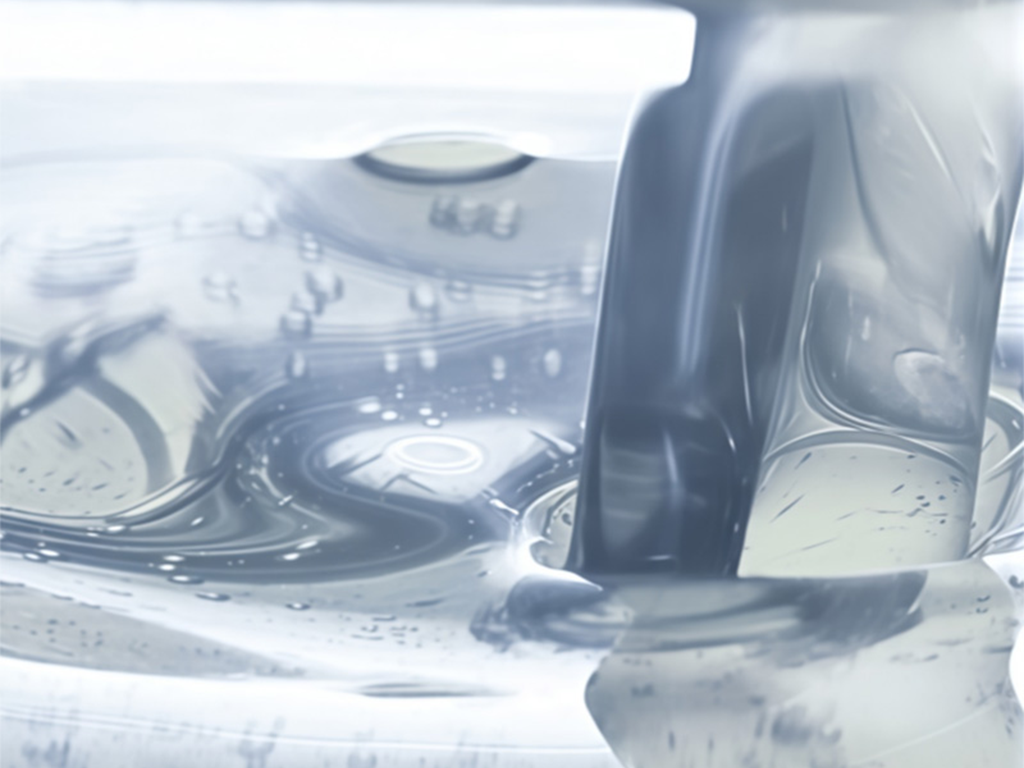아크릴레이트 폴리머의 특성은 모노머 조성, 분자량, 가교도에 따라 달라지며, 다양한 응용 분야에 활용될 수 있도록 조절이 가능하다. 기계적 특성으로는 유연성(2-에틸헥실 아크릴레이트에 의해 향상됨), 인장강도(메틸 메타크릴레이트에 의해 개선됨), 파단 신도(제조 조건에 따라 100%에서 1000% 이상까지 다양함)가 포함된다. 접착 특성인 초기 접착력, 박리 강도, 전단 저항성은 압력 감지형 접착제에서 특히 중요하며, 부틸 아크릴레이트와 같은 연질 모노머를 사용하면 초기 접착력이 증가한다. 내화학성, 특히 물, 기름, 용제에 대한 저항성은 모노머의 소수성에 영향을 받으며, 알킬 아크릴레이트(예: 2-에틸헥실 아크릴레이트) 함량이 높을수록 우수한 내수성을 나타낸다. 열적 특성에는 유리 전이 온도(Tg)가 포함되며, 이는 -60°C(부드럽고 유연한 폴리머)에서 100°C(단단하고 경질의 폴리머)까지 다양하게 나타나 사용 온도 범위를 결정한다. 투명성 및 광택과 같은 광학적 특성 덕분에 코팅제 및 포장 필름에 적합하다. 자외선 안정성 및 산화 저항성을 포함한 내후성은 UV 흡수제와 같은 첨가제에 의해 향상되어 외부 코팅에 적합하다. 절연성과 같은 전기적 특성은 전자기기 분야에서의 활용을 가능하게 한다. E Plus Chemical Co., Ltd.는 첨단 촉매 중합 기술을 활용하여 모노머 비율과 가교도를 조절함으로써 특정 요구사항을 충족하는 아크릴레이트 폴리머를 제조하여 접착제, 코팅제 등 다양한 분야에서 일관된 성능을 제공한다.
